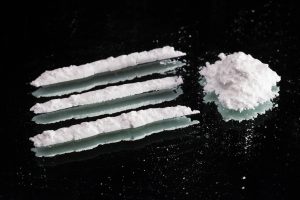
Bipolar Disorder
Contrary to popular belief, episodes are not sudden shifts in behavior, and they may not occur regularly.
Learn MoreContrary to popular belief, episodes are not sudden shifts in behavior, and they may not occur regularly.
Learn MoreThe problem with anxious thoughts begins when they cannot be put aside after stressful or dangerous situations. Experiencing dread without cause is a clear sign of anxiety.
Learn MoreSomeone suffering from adjustment disorder may experience trouble sleeping, a lack of appetite, constant worry, frequent crying, feelings of hopelessness, difficulty concentrating, overwhelm, withdrawal from family or friends, avoidance of important obligations and even suicidal behavior or thoughts.
Learn MoreMarijuana refers to the dried flowers, leaves, and stems of the Cannabis plant. Although Cannabis is still an illegal drug on the federal level, many states have legalized or decriminalized recreational use the drug.
Learn MoreDepression is the second-most common mental disorder in the United States behind anxiety, affecting 16.2 million people. Depression affect all areas of a person’s life, disrupting appetite, sleep patterns, relationships and work, leading to physical and emotional stress.
Learn MoreCognitive behavioral therapy is founded on the principle that cognitive distortions, or exaggerated and irrational thought patterns, lead to emotional distress and anxiety.
Learn MoreTreatment for borderline personality disorder starts with a thorough assessment, including knowledge of a client's personal history.
Learn MoreCocaine causes several physiological effects, such as increased body temperature, constricted blood vessels, dilated pupils, increased heart rate and increased blood pressure. For these reasons, cocaine can be particularly dangerous, especially when combined with other drugs or alcohol.
Learn More






